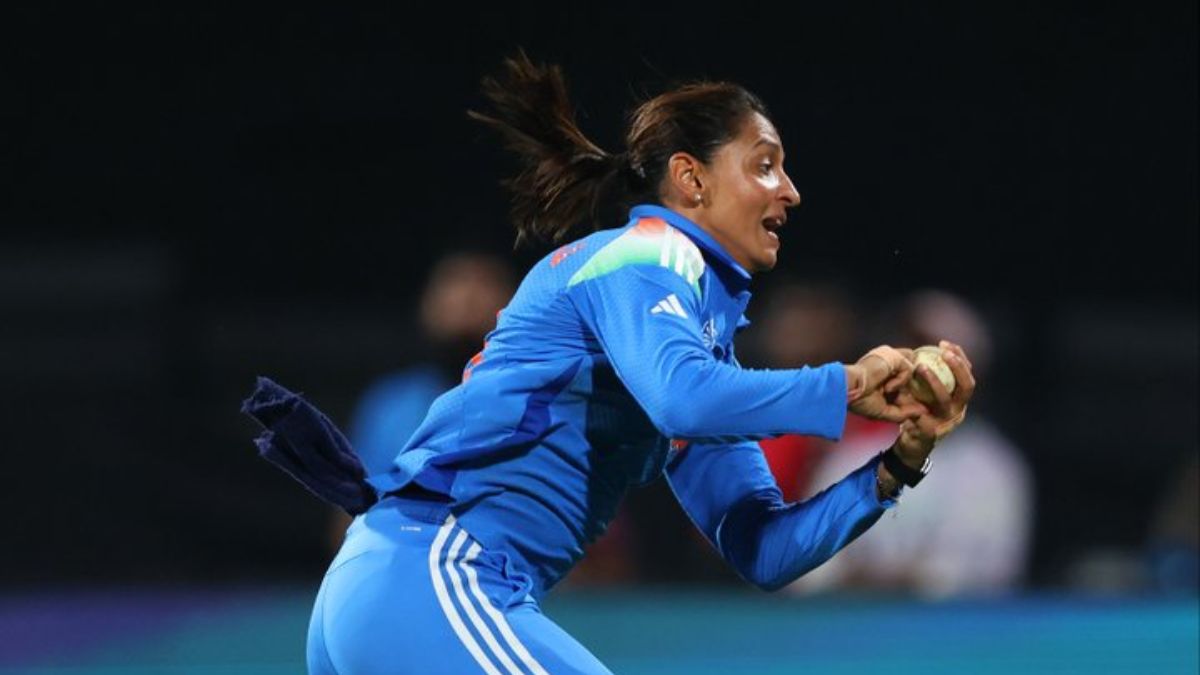In a night etched forever in Indian sporting history, captain Harmanpreet Kaur ended all speculation about her future by confirming she will continue playing international cricket, moments after lifting India’s maiden Women’s ODI World Cup trophy in Navi Mumbai.
“We were waiting for this moment, now this moment has come. Now we want to make it a habit,” the India skipper said at the presentation ceremony, making it clear this victory is not the end of her journey, but the start of a new era.
At 36 years and 239 days, Harmanpreet Kaur also became the oldest captain to win a Women’s World Cup, a testament to her longevity, resilience and leadership across a transformative phase in Indian women’s cricket. There were moments over the past week when retirement talks surrounded her campaign, but instead, she stood in the centre of DY Patil Stadium, tricolour draped over her shoulders, and declared she isn’t done yet.
A victory for generations
“Oh what a privilege to have witnessed this,” echoed commentators as fireworks lit up the Mumbai sky. This historic triumph belongs not only to Harmanpreet and her talented team, but also to the generations of women cricketers who carried Indian women’s cricket forward despite limited opportunities.
From domestic maidans to packed stadiums and a booming WPL, this isn’t just a title — it is a revolution in Indian sport.
A captain who dreamed, endured, and delivered
Harmanpreet debuted in the 2009 Women’s ODI World Cup as a teenager chasing dreams. Sixteen years later, she lifted the trophy — inspiring millions of young girls across the country.
The skipper, holding back tears, credited her teammates, support staff, and fans after collecting the trophy from ICC President Jay Shah, with the DY Patil Stadium erupting into chants of “India! India!”
For Harmanpreet and her team, this victory is not closure — it is ignition. A new standard has been set, a culture cemented, and a promise made: this is just the beginning.


